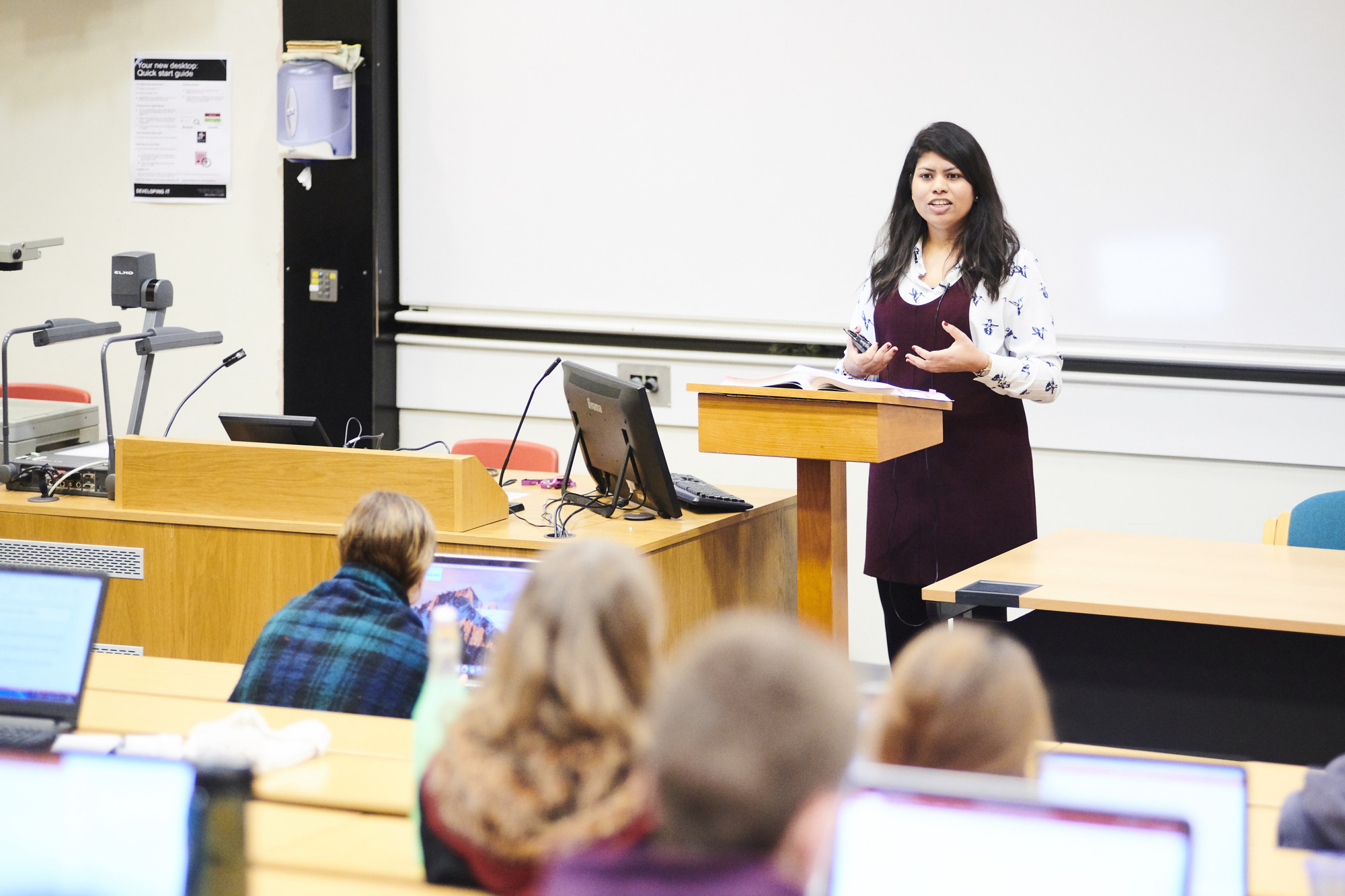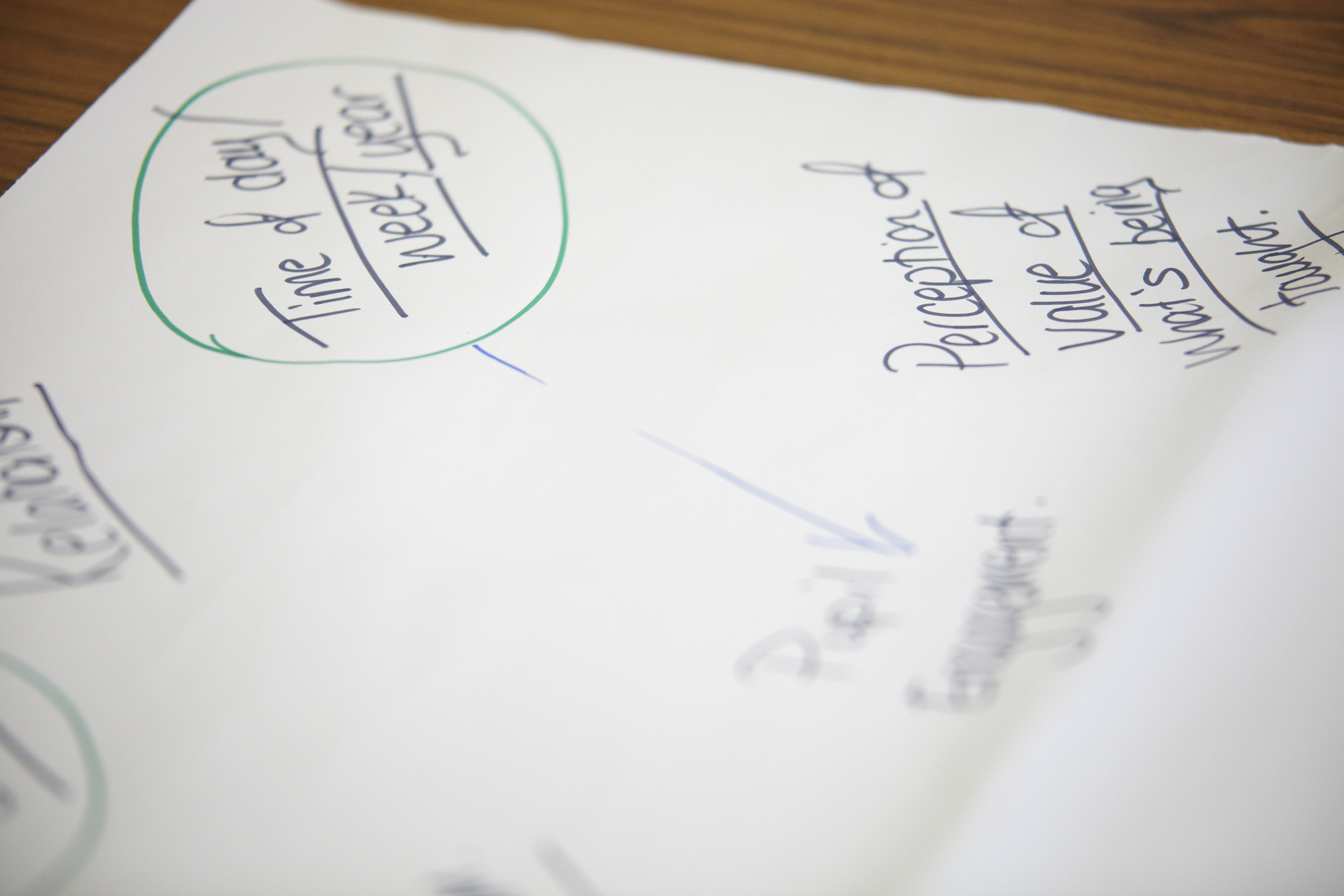School of Education

Welcome to the School of Education
"As one of the leading Schools of Education in the UK, our aim is to expand the frontiers of educational knowledge and to inspire our students to become the future architects of an equitable and sustainable world. Our students go on to successful careers in a wide range of different sectors.
Our research and scholarship impacts regionally, nationally and internationally; from shaping education policy and practice, to developing educational research, research methodology and research capacity, to informing school improvements and contributing to the professional development of teachers around the world."
Professor Julie Rattray, Head of School
REF 2021 Result
Our Research Excellence Framework 2021 Results
Study with us
Undergraduate study
We offer two undergraduate degrees, both of which can be tailored to suit your interests and career aspirations: a BA in Primary Education with Qualified Teacher Status (QTS), or a broader BA in Education Studies.
Postgraduate Study
Our postgraduates are a key part of our vibrant community of world leading researchers. Whether you are looking for a Doctoral degree, a taught Masters degree or a PGCE in initial teacher training, we have a wide variety of courses to meet your needs and interests.
Our research
Our research, grouped into six clusters, has a positive impact on regional, national and global policy and practice.
Teacher training
We offer courses in Initial Teacher Training (ITT) for both Primary and Secondary phases. The QTS element is accredited by Newcastle University and awarded by the Department for Education.
Upcoming events
The Cultivation of Transnational Cultural Capital in Childhood and International Education Mobility
PGCE Information Session - February 2026
How has school segregation by poverty changed in the Northeast of England, 2007-2024?
Doctoral Education Research in the Global Context: Pathways and Knowledge Production
Get in touch
To find out more about our department and courses, contact us using the information below.
School of Education
Durham University
Confluence Building
Lower Mountjoy
Stockton Road
Durham
DH1 3LE
United Kingdom
Tel: +44 (0) 191 334 8195



/prod01/prodbucket01/media/durham-university/departments-/education/78090.jpg)
/prod01/prodbucket01/media/durham-university/about-us/notices/Students-at-laptops.png)




/prod01/prodbucket01/media/durham-university/library-/news-and-events/news/Confluence-worked-(1).jpg)
/prod01/prodbucket01/media/durham-university/departments-/education/AdobeStock_164652019.jpeg)



